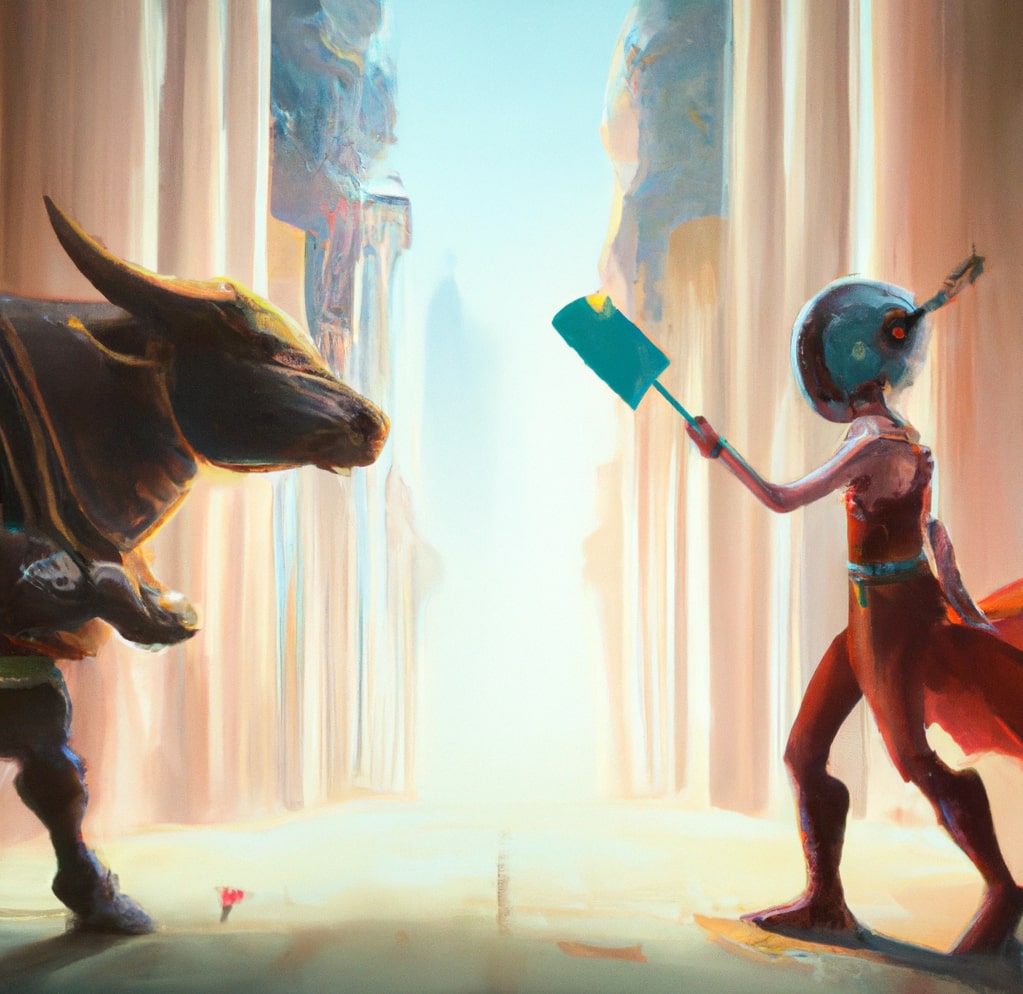A DAO, or Decentralized Autonomous Organization, is a type of organization that operates on a blockchain and is run by code rather than by individuals. Unlike traditional organizations, which are managed by a board of directors or a single CEO, a DAO is managed by a set of rules encoded as smart contracts on a blockchain. This allows a DAO to operate in a transparent and decentralized manner, with no single point of control.
The idea behind a DAO is to create an organization that is truly decentralized and operates based on the consensus of its members. In a traditional organization, decisions are made by a small group of individuals who hold positions of power. In a DAO, however, decisions are made by the members of the organization, who can vote on proposals using the blockchain.
One of the key benefits of a DAO is its ability to operate in a transparent and democratic manner. All members of the DAO have equal say in the decision-making process, and all transactions are recorded on the blockchain for everyone to see. This makes it much harder for any one individual to abuse their power, as all decisions are subject to the scrutiny of the other members of the organization.
Another benefit of a DAO is its ability to operate in a highly efficient manner. Because all rules are encoded as smart contracts on the blockchain, a DAO can automate many of the processes that would otherwise require human intervention. For example, a DAO could automatically distribute funds to its members based on a set of predefined rules, without the need for a central authority to manage the process.
DAOs can also be highly customizable, as they are designed to be flexible and adaptable to the needs of their members. For example, a DAO could be set up to operate as a decentralized investment fund, with members voting on which assets to invest in. Or, a DAO could be set up as a decentralized marketplace, where members can buy and sell goods and services.
Despite these advantages, DAOs are still a relatively new technology, and there are a number of challenges that need to be addressed before they can be widely adopted. For example, scalability is a major issue, as blockchains can currently only process a limited number of transactions per second. This limits the use of DAOs in high-volume applications, such as payment systems.
Another challenge facing DAOs is their lack of privacy. While DAOs are designed to be transparent, they can also be used to store sensitive information, such as financial data. This raises concerns about data privacy, as well as the potential for data breaches.
In addition, the governance model of a DAO is still an area of active research and development. While the idea of a truly decentralized organization is appealing, it can also lead to a lack of accountability and decision-making gridlock. This means that it is important to carefully consider the governance model of a DAO, and to put in place mechanisms to ensure that decisions can be made in a timely and effective manner.
DAOs represent a new and exciting direction for decentralized organizations, offering the potential for more transparent and democratic decision-making, as well as more efficient and effective operations. While there are still a number of challenges to be addressed, the future of DAOs looks promising, and as the technology continues to evolve, we can expect to see more and more innovative applications being built on this platform.








